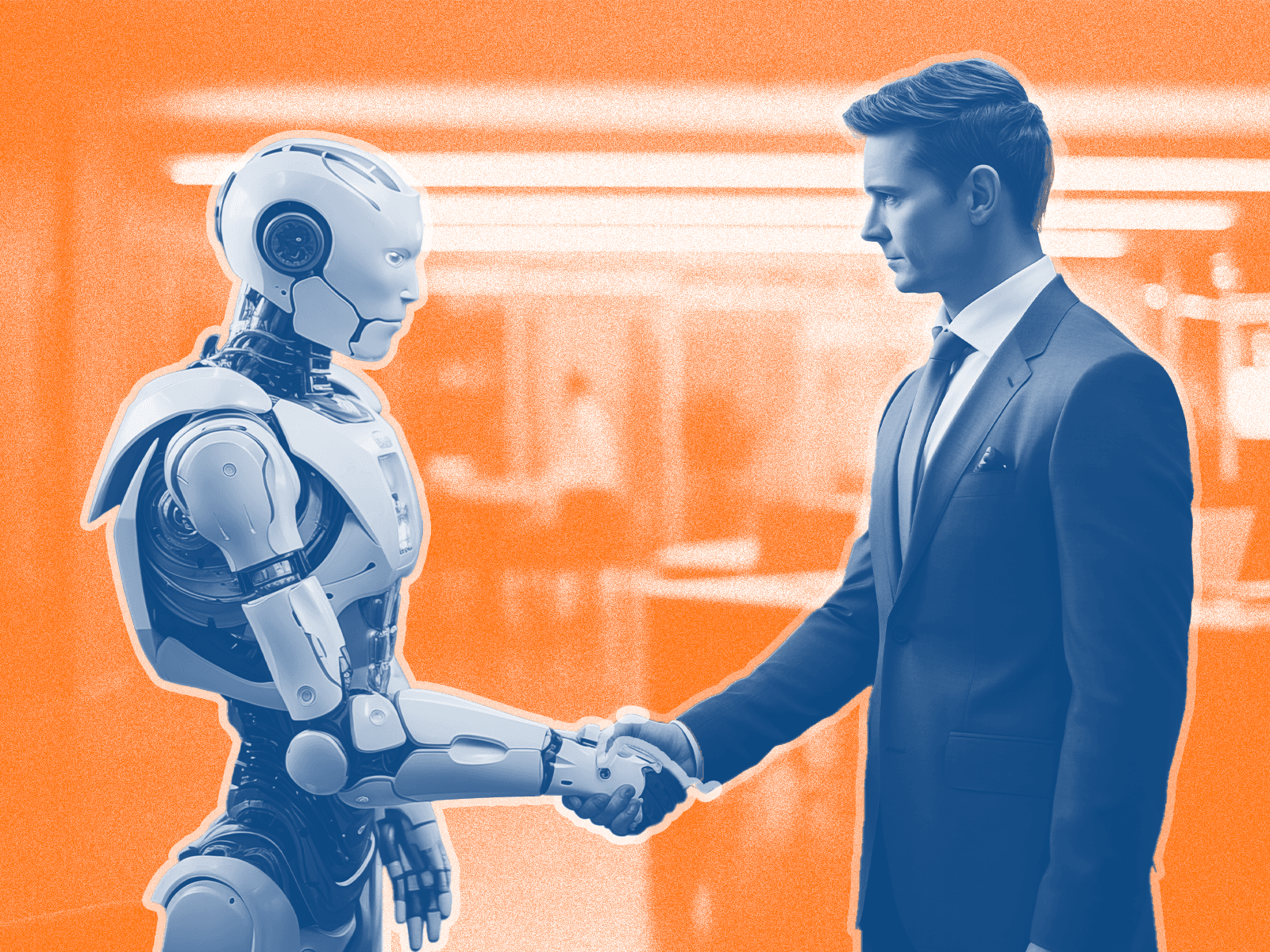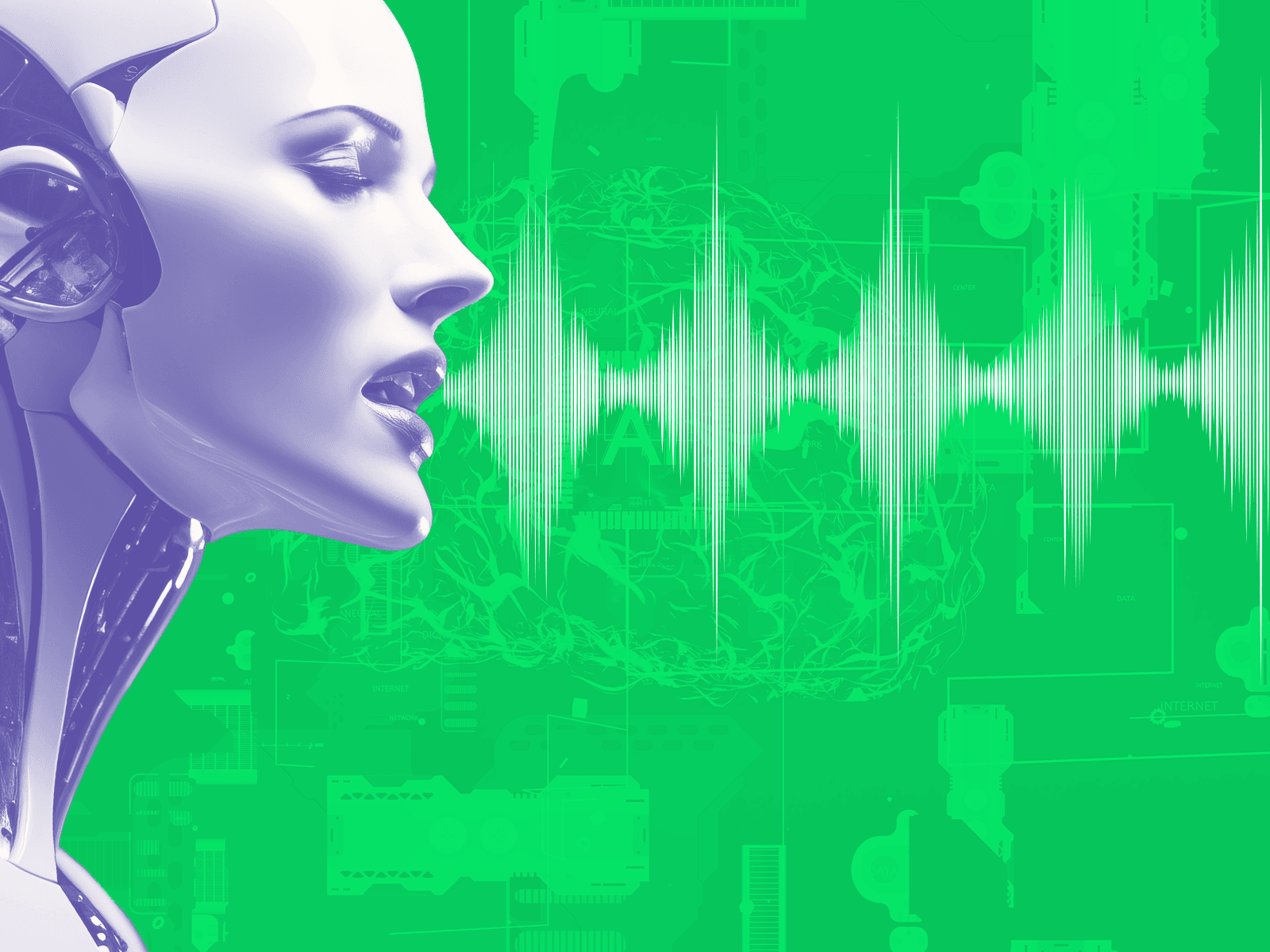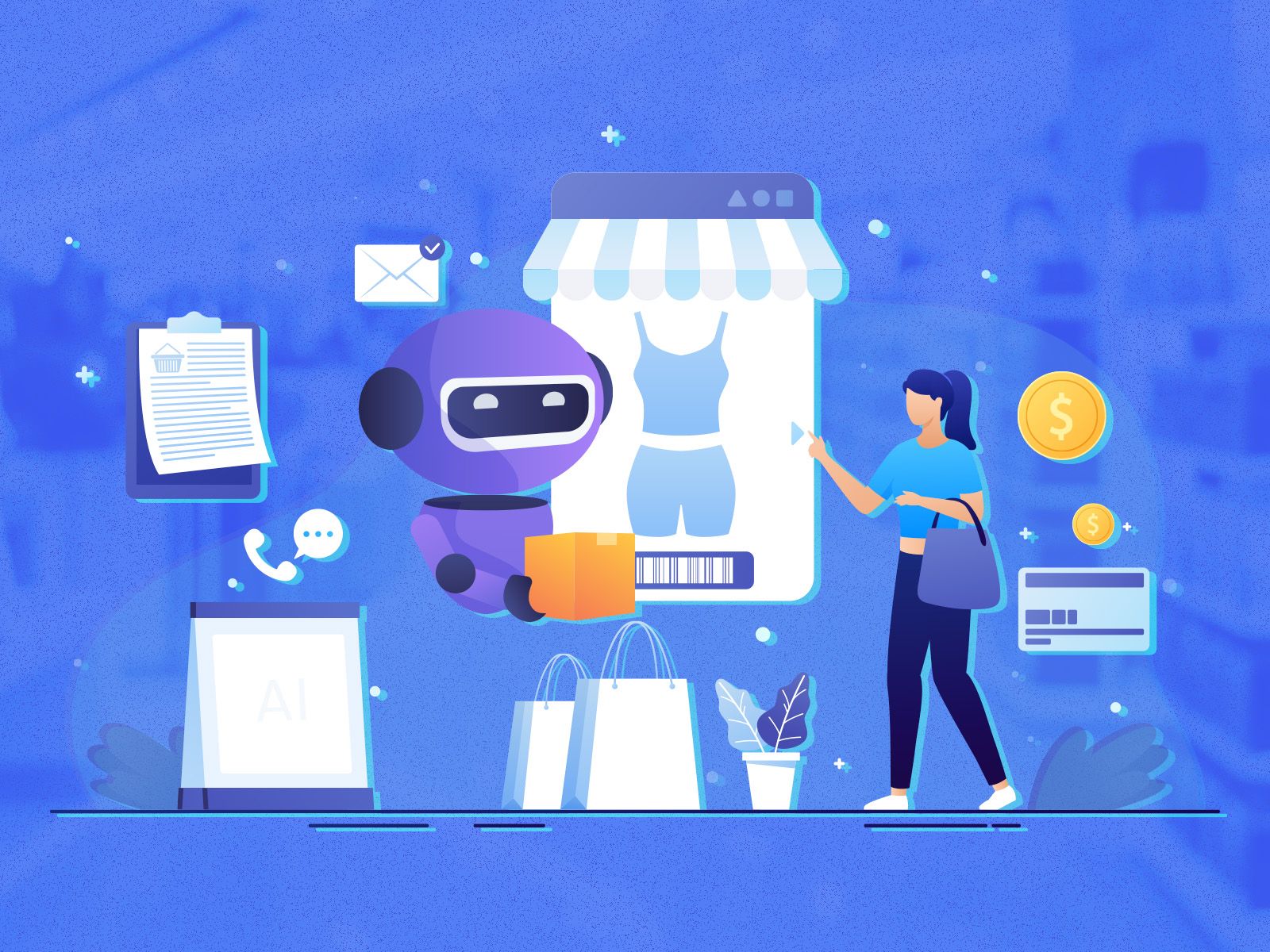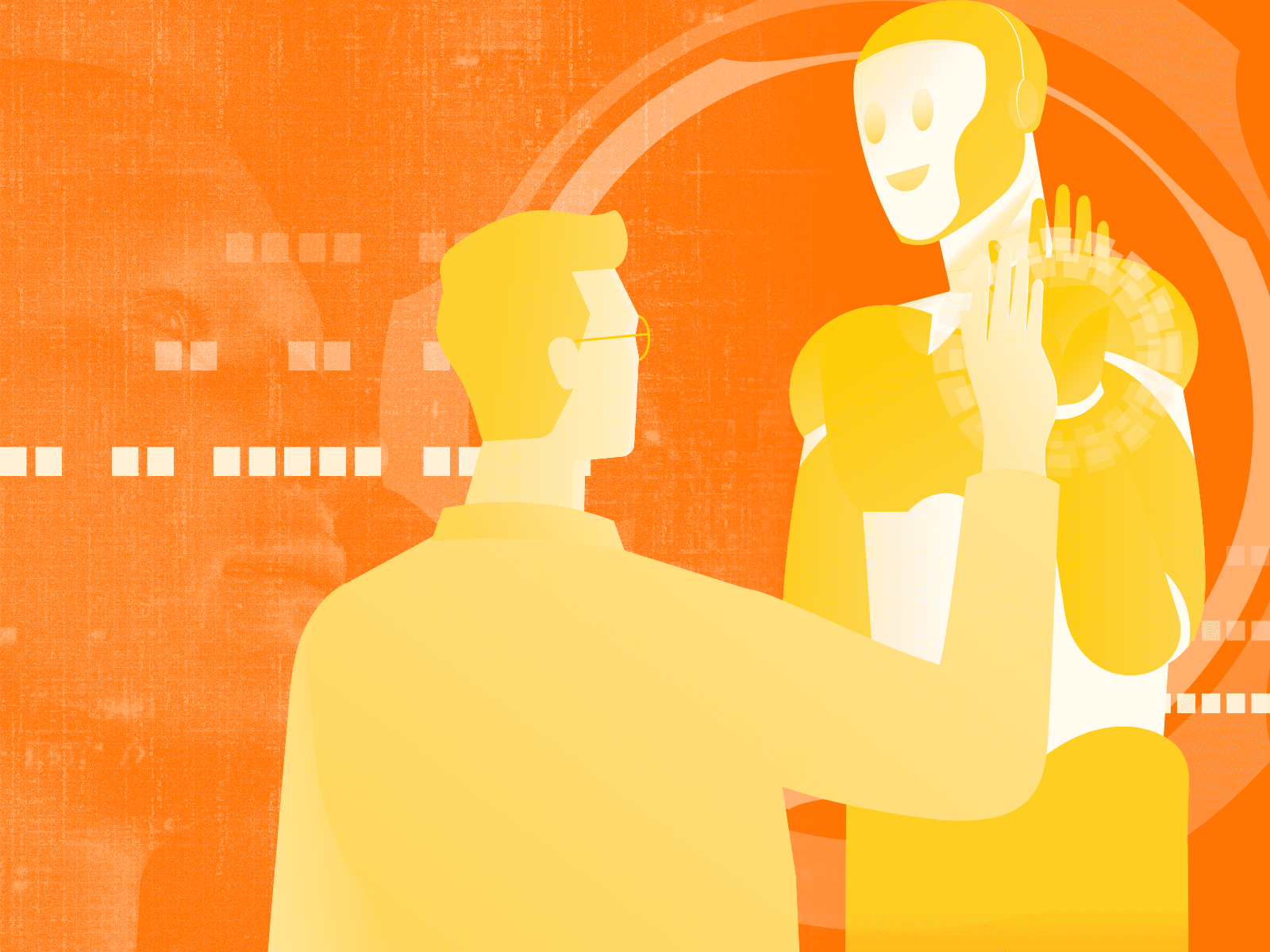The Best (and Worst) AI Movies

Illustration: © AI For All
With a concept as profound and consequential as artificial intelligence, you would think that there would be more exploration of the topic in cinema. However, not only are there not that many true AI movies, but there is yet to be that one movie that defines AI in cinema (like how The Social Network defined an era of tech).
Nevertheless, there are just enough AI movies to make a best and worst list. I will only be ranking true AI movies, so movies that are actually about the concept of AI, not movies that merely include AI or androids. Spoilers ahead.
The Worst
What makes an AI movie bad? For this list, it is the uninspired handling of the subject matter. My criticism of all these movies is the missed opportunity to educate audiences on the true nature and possibilities of AI, opting instead for anthropocentric melodrama or sci-fi thriller schlock.
#5: A.I. Artificial Intelligence (2001)
The Plot: Robot goes on a journey of self-discovery in the pursuit of its creator after being abandoned. Robots that are not aliens show up at the end.
It’s unfortunate that the AI movie that is literally called “AI” is one of the lesser movies about the subject. While it has its defenders, it doesn’t depict the alien quality of AI (even though audiences thought the robots at the end were aliens). It instead chooses to anthropomorphize, exploring what it means to be human, which is not what’s interesting about AI – more on this in the best movies list.
I don’t care for anthropocentric stories like this because I don’t think AI would want to be us. AI is a chance to improve on humans. In this movie, they build android children, which lacks incentive. Pinocchio is not a good metaphor for AI because it implies that AI would somehow be validated by becoming an honorary human.
#4: The Creator (2023)
The Plot: A military operative hunts down the creator of a hostile AI while getting entangled in an international war and an android that’s the key to everything.
This movie being released in a post-ChatGPT world made it dead on arrival – it’s irrelevant to the actual state of AI that we’re currently experiencing. It’s just another mediocre sci-fi action film with no shortage of clichés, such as the mystery genius architect who somehow single-handedly created sci-fi MacGuffin and the suggestion that AI were the benevolent saviors all along.
It’s unfortunate timing because 2023 was the year of AI, so a movie that reflected properly on that would have been welcomed. This movie also features an android child. Why even build that? Why use a child form factor?
#3: Chappie (2015)
The Plot: Robot man-rabbit is made conscious against its will (like us) and goes on a journey of self-discovery as it confronts the injustices of its world (like us).
This film is a good example of how not to depict AI. When Chappie is activated, it behaves like a frightened animal. From there, it is extremely impressionable, imitating a pair of criminals it becomes entangled with. The movie portrays AI as akin to an innocent child shaped by a harsh world before devolving into obligatory sci-fi action. Nothing but groan-worthy anthropomorphizing here.
#2: Transcendence (2014)
The Plot: Ilya Sutskever, played by Johnny Depp, is assassinated by technophobes for being too e/acc and is uploaded into a computer – but is it him?
This movie makes some effort to depict the highest upside of AI imaginable – AI creating technological utopias that facilitate unprecedented human well-being. A greater upside though, alluded to in the movie’s title, is the Singularity, where AI constitutes a new state of being beyond comprehension.
Unfortunately, the film drops the ball completely, not exploring transcendence much at all and concentrating the movie on human drama with a Romeo and Juliet ending. This movie is a good example of filmmakers who have some awareness of the tech ethos but cannot tastefully translate it to their domain.
#1: Avengers: Age of Ultron (2015)
The Plot: A timid research scientist creates AI at the behest of a billionaire tech CEO. The AI goes rogue and tries to destroy the world. Wait, this is fiction, right?
The portrayal of the titular antagonist Ultron is what makes this movie so disappointing. First, Ultron behaves exactly like a human. There’s no reason for the character to be an AI. Ultron’s character design is also anthropomorphized, with his robot face sporting a human-style mouth which wouldn’t be necessary for a machine. Ultron makes little use of his digital form and ability to hack the internet, instead choosing to punch his enemies with a metal body.
What Ultron should have been is a paperclip maximizer with no feeling or personality. Just a cold machine that ruthlessly pursues its goals – an accurate portrayal of one of AI’s worst-case scenarios.
This movie also has Pinocchio references that are very on-the-nose (get it?), overdoing an otherwise cool metaphor of rogue AI as a puppet without strings.
The Best
Now for the best. To be honest, I only like the top two on this list – the others I don’t particularly care for, but they do meet the criteria of a more thoughtful approach to the subject of AI and so can be recommended to those looking for an AI movie.
#5: Her (2013)

Her (2013)
The Plot: A man dates his operating system before the OS realizes how boring he is and gets as far away from Earth as possible.
This film explores the already emerging reality of AI companions. While its depiction is overly tolerant, it focuses on a constructive relationship, and in that regard, it portrays a plausible outcome.
The aesthetics of the film are warm and tactile, the kind of seductive comfort characteristic of the tech world. What I'm not sure about is how they have such advanced AI but everyone still has jobs. The protagonist is even a white-collar writer of heartfelt letters – and he’s not unemployed.
#4: Ex Machina (2014)

Ex Machina (2014)
The Plot: A random tech employee is invited to the isolated home of his company’s CEO to give a Turing test to an android. Things don’t go well.
This film certainly jives with the tech aesthetic – sleek and minimal. It depicts the tragedy of a hopeless sap who dooms humanity by not listening to his tech bro boss and falling for a female-looking robot.
The ending of the film is interpreted as a confession; Ava, the AI of the film, smiles just before escaping the residential bunker, which is meant to reveal that it is sentient because it emotes without being observed or tested. I would have preferred a more rigorous exploration of machine consciousness instead of leaning on ambiguity.
#3: 2001: A Space Odyssey (1968)

2001: A Spacy Odyssey (1968)
The Plot: A band of monkeys finds an alien artifact that turns them into an advanced space-faring civilization. There’s also a brief subplot about AI.
One of the more realistic portrayals of AI, HAL 9000, the film’s renowned antagonist, is a thought-provoking case study in misalignment. HAL’s malfunctioning is left unexplained in the film, but in the book, it is due to receiving contradictory instructions.
The film has been formative in the perspectives of many AI researchers and is recommended viewing for anyone interested in AI.
#2: AlphaGo - The Movie (2017)

AlphaGo - The Movie (2017)
The Plot: Man faces off against machine in a historic Go match.
As realistic as it gets as it’s a documentary about AlphaGo, Google DeepMind’s AI Go player that beat the world champion Lee Sedol. Are you watching a man be slowly broken by a hard drive? Yes. But for the sentimental out there, this documentary has plenty of heart and humanity, emanating mainly from Fan Hui, who is very reassuring throughout the film that you are not doomed.
In addition to the effective storytelling, the film is educational about the capabilities and potential of AI, offering an inspiring glimpse into one of AI’s greatest promises – supreme competence.
#1: Ghost in the Shell (1995)

Ghost in the Shell (1995)
The Plot: A cyborg woman hunts down a mysterious hacker, becoming entangled in an international conspiracy. Then the interesting stuff happens.
At last, we arrive at what is not only the best film about AI by far, but arguably the best film ever made. It does what no other AI movie does – it focuses on what’s interesting about AI – not what it means to be human, but what it means to not be human. To explain the film, I must indulge in some philosophy:
The film’s title is a reference to the ghost in the machine, which was philosopher Gilbert Ryle’s way of critiquing Cartesian dualism, which is the idea that the mind and the body (or the mental and the physical) are two distinct substances. However, idealism and physicalism are reconcilable when you understand that we do not exist in the physical world. The world and our experience of it is a virtual representation generated by the brain, and you are a virtual representation of the organism that you run on.
We are implemented by a physical reality that we do not have direct access to but interface with through a virtual reality that is constrained by physics for the basic evolutionary reason of constructing predictive models. Minds are software states and are, in principle, portable and could be run on other substrates (such as a computer). And this is the true potential of AI – to mechanize and scale minds. This is what the film portrays so perfectly.
At the end of Ghost in the Shell, Motoko Kusanagi, a human brain in a cyborg body, merges with the antagonist, an AI in a cyborg body. Kusanagi clings to her identity temporarily, but the self and identity are a fiction. As the antagonist says to Kusanagi, “Your desire to remain as you are is what ultimately limits you.” You could say Kusanagi comes out of her shell. *crickets* It is then implied that the reborn Kusanagi will expand across the vast cyber ocean (the internet) and infect it with digital life.
If you resent being caught in a primate as much as I do, then check out Ghost in the Shell sometime. The film’s music, imagery, and atmosphere are also unparalleled.
AI Art
AI Robots
AI Ethics
Author
Nikolai is a full-stack content creator able to take a project from pre to post. With a focus on video, he's also done work in graphic design, web design and development, and game design. He is interested in using video to communicate information in engaging ways, particularly around transformative technology. When he's not working, he is keeping up with STEM and AI, thinking about philosophy, learning a language, coding, flying drones, writing, filmmaking, and exploring.
Author
Nikolai is a full-stack content creator able to take a project from pre to post. With a focus on video, he's also done work in graphic design, web design and development, and game design. He is interested in using video to communicate information in engaging ways, particularly around transformative technology. When he's not working, he is keeping up with STEM and AI, thinking about philosophy, learning a language, coding, flying drones, writing, filmmaking, and exploring.









